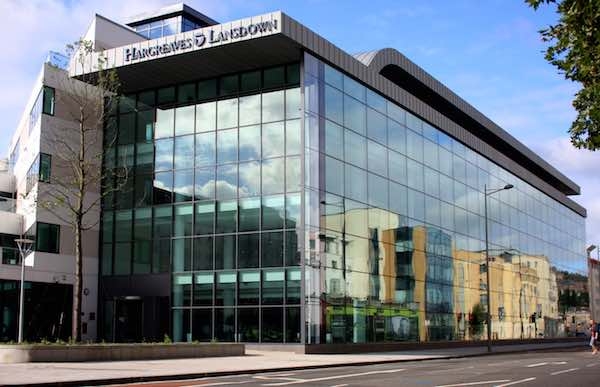People in poor health have poor finances too, with just one in 20 having high levels of financial resilience compared to a third of people in good health.
That’s according to the latest Hargreaves Lansdown Savings & Resilience Barometer.
It revealed that while two thirds of people say they have enough savings, only a third of those in poor health do.
A third of people have enough cash left over at the end of the month to be considered resilient but less than one in 10 of those in poor health have enough.
Long-term resilience has been hit too. Almost half of those in good health are on track for a moderate pension income in retirement, but less than one in five of those in poor health are.
Sarah Coles, head of personal finance, Hargreaves Lansdown: “The ill-health epidemic has wiped out vast swathes of financial resilience.”
According to the ONS, in the three months to January, the number of people who were economically inactive because of long term sickness rose to a record high.
Part of the problem is difficulty accessing care. In the second half of January, more than a fifth of people were waiting for a hospital appointment, test or treatment through the NHS, and almost a third said waiting for treatment had affected their work.
That also hits their family, who may need to care for them.
The ONS found that half a million more women and 200,000 more men said they were carers in 2021/22 than a year earlier – increasing the number of informal carers to 4.9million.
Only a third of carers work full time and just half work at all, so their earning potential is likely to be hit too.
Long-term sickness makes it much more difficult to work, so is likely to cause long gaps in employment, or periods where people are forced to work fewer hours.
That means they’re likely to have less cash at the end of the month, and may well have been forced to spend their savings.
Helen Morrissey, head of retirement analysis at Hargreaves Lansdown, said: “Long term sickness doesn’t just affect people’s finances today, it also severely limits their opportunities to build for the future.”

